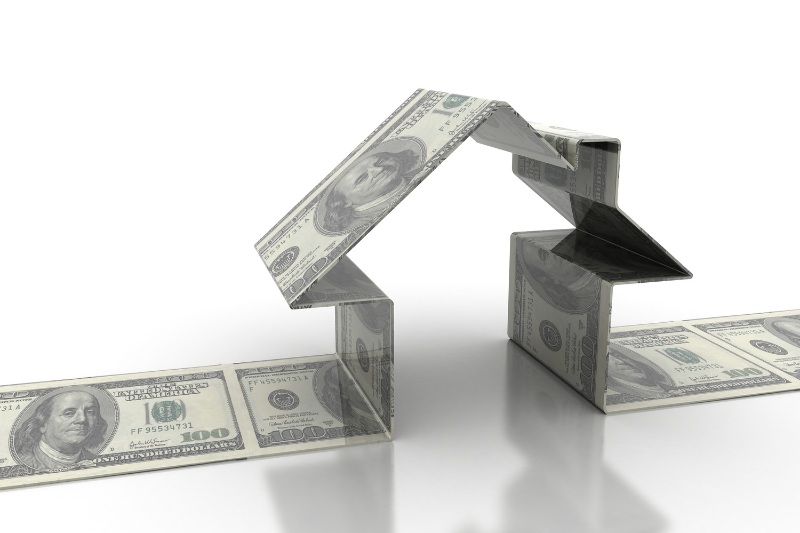Property taxes are a critical component of homeownership in Canada, impacting the overall cost of owning real estate. These taxes, levied by municipalities and provinces, fund essential public services such as education, infrastructure, and emergency services. However, property tax rates and regulations can vary significantly across provinces and municipalities, making it essential for homebuyers and property owners to understand how they work. This guide provides an overview of property taxes in Canada and explains how they can influence real estate decisions.

What Are Property Taxes?
Property taxes are annual fees paid by property owners based on the assessed value of their real estate. These taxes are determined by local governments and are used to fund services such as road maintenance, garbage collection, schools, and emergency services. The amount of property tax owed is calculated by multiplying the property’s assessed value by the applicable tax rate.
How Property Taxes Are Assessed
Property taxes in Canada are determined through a combination of property assessments and tax rates. Municipalities assess the market value of properties, often based on factors such as location, size, and recent sale prices of similar properties. Once the assessed value is established, it is multiplied by the tax rate set by the municipality and provincial authorities.
Some provinces reassess property values annually, while others do so less frequently. For example, British Columbia reassesses properties every year, whereas Ontario follows a four-year assessment cycle. Changes in the assessed value of a property can lead to fluctuations in annual property tax bills.

Variations in Property Tax Rates Across Canada
Property tax rates vary widely across provinces and even within municipalities. These differences arise from factors such as local government budgets, provincial policies, and the demand for public services in a given area.
In urban centers such as Toronto and Vancouver, property tax rates are often lower compared to smaller municipalities. However, the higher property values in these cities mean that homeowners may still pay substantial annual taxes. Conversely, smaller towns and rural areas may have higher tax rates but lower property values, resulting in relatively modest tax bills.
For example:
- Ontario: Toronto has one of the lowest property tax rates in the province, but its high property values often result in significant tax bills.
- British Columbia: Vancouver also has a low property tax rate but high property values, while smaller towns like Kamloops may have higher rates but more affordable properties.
- Alberta: Calgary and Edmonton boast some of the lowest property tax rates in Canada, partly due to the province’s reliance on revenue from natural resources.
- Quebec: Quebec’s property tax rates are generally higher than the national average, reflecting the province’s robust investment in public services.
Factors That Influence Property Taxes
Several factors can affect the property taxes a homeowner pays, including:
- Location: Properties in urban centers typically have higher assessed values but lower tax rates, while rural areas may have lower property values but higher rates.
- Property Value: Increases in property values, due to market trends or reassessments, can lead to higher taxes.
- Provincial Policies: Provinces may impose additional taxes or rebates that affect overall property tax liabilities, such as British Columbia’s Speculation and Vacancy Tax or Ontario’s Land Transfer Tax rebates for first-time buyers.
- Municipal Budget Needs: Local governments adjust tax rates based on budgetary requirements, often reflecting the cost of maintaining and improving public services.
Special Considerations for Buyers and Investors
Understanding property taxes is especially important for homebuyers and real estate investors, as these costs can significantly impact affordability and profitability. Buyers should consider:
- Tax Trends: Research the historical trends in property taxes in a specific area to anticipate future increases.
- Local Incentives: Some provinces and municipalities offer tax incentives or exemptions, such as reduced rates for seniors, veterans, or first-time homebuyers.
- Investment Returns: For investors, high property taxes can reduce rental income profitability. Evaluate the tax implications alongside other costs such as maintenance and insurance.
How to Manage Property Taxes
Property owners can manage their tax obligations by:
- Reviewing Assessments: Ensure that the assessed value of your property is accurate. If you believe it is overvalued, you can appeal the assessment.
- Budgeting: Include property taxes in your annual budget to avoid surprises when tax bills are due.
- Exploring Exemptions: Check for provincial or municipal programs that offer tax reductions or rebates for eligible homeowners.

Conclusion
Property taxes are an integral part of owning real estate in Canada, supporting the public services that benefit communities. However, they can vary significantly based on location, property value, and local government policies. Understanding how property taxes are assessed and calculated is essential for homebuyers and property owners to make informed decisions and manage costs effectively. By researching local tax rates, staying informed about assessment practices, and exploring potential exemptions, Canadians can better navigate the financial responsibilities of property ownership.

